The anterolateral aspect of the thigh is the preferred site for infants under one year old, because it provides a large muscle mass into which vaccines can be safely injected. Also, infants under 1 year old should receive vaccinations into the anterolateral aspect of the thigh because the deltoid muscle is not sufficiently well enough developed at this age.

The muscles of the buttock are not used for administration of vaccines in infants and children because of concern about potential injury to the sciatic nerve, which has been well-documented after injection of antimicrobial agents into the buttock.
For children, the best position and type of comforting technique should be determined by considering the patient’s age, activity level, safety, comfort, and administration route and site. Parents play an important role when infants and children receive vaccines. Parent participation has been shown to increase a child’s comfort and reduce the child’s perception of pain. Holding infants during vaccination reduces acute distress.
A parent’s embrace during vaccination offers several benefits. A comforting hold:
- Avoids frightening children by embracing them rather than overpowering them
- Allows the health care professional steady control of the limb and the injection site
- Prevents children from moving their arms and legs during injections
- Encourages parents to nurture and comfort their child
A combination of interventions, holding during the injection along with patting or rocking after the injection, is recommended for children up to age 3 years. Parents should understand proper positioning and holding for infants and young children. Parents should hold the child in a comfortable position, so that one or more limbs are exposed for injections.
Research shows that children aged 3 years or older are less fearful and experience less pain when receiving an injection if they are sitting up rather than lying down. The exact mechanism behind this phenomenon is unknown. It may be that the child’s anxiety level is reduced, which, in turn, reduces the child’s perception of pain.
Here are some useful questions regarding vaccinating babies under 1:
Are there any reasons why a baby should not be immunised? There are very few reasons why babies cannot be immunised.
Vaccines should not be given to babies who have had:
• a confirmed anaphylactic reaction to a previous dose of the vaccine, or
• a confirmed anaphylactic reaction to neomycin, streptomycin, or polymyxin B (antibiotics that may be added to vaccines in very tiny amounts)
In general, children who are ‘immunosuppressed’ should not receive live vaccines. Children who are immunosuppressed include those:
• whose immune system does not work properly because they are undergoing treatment for a serious condition such as a transplant or cancer, or
• who have any condition which affects the immune system, such as severe primary immunodeficiency. (Primary immunodeficiencies are very rare diseases that mean you are more likely to catch infections. They are usually caused by a faulty gene and are diagnosed soon after birth)
A baby was born early. When should premature babies have their first immunisation?
Premature babies may be at greater risk of infection. They should be immunised in line with the recommended schedule from eight weeks after birth, no matter how premature they were.
Why is the immunisation programme changed from time to time?
Immunisation programmes are regularly reviewed to make sure that all children are offered the best protection against preventable diseases. As new vaccines become available, or research shows that giving existing vaccines at different times improves protection, the programme will be changed.
Recent changes to the UK programme have been:
• giving hepatitis B vaccine at 8 weeks, 12 weeks and 16 weeks of age
• giving rotavirus vaccine at 8 weeks and 12 weeks of age
• giving MenB vaccine to babies at 8 weeks,16 weeks and one year of age
• giving a single priming dose of pneumococcal vaccine at 12 weeks of age instead of two doses at 8 and 16 weeks

Remember, it’s never too late to immunise a child. Even if a child has missed an immunisation and is older than the recommended ages, they can still be vaccinated and to be protected against the diseases is the most important part.
Written by Laura Oakley, Clinical Development Manager, ECG Training, Monday 17th January 2022
References
- https://assets.publishing.service.gov.uk/government/uploads/system/uploads/attachment_data/file/147915/Green-Book-Chapter-4.pdf
- https://www.the-pda.org/wp-content/uploads/The-PDA-Guide-to-Covid-19-2.pdf
- https://www.cdc.gov/vaccines/pubs/pinkbook/vac-admin.html
- https://assets.publishing.service.gov.uk/government/uploads/system/uploads/attachment_data/file/990473/PHE_11490_IMM_Up_to_one_year_A5_booklet_April_2021.pdf












